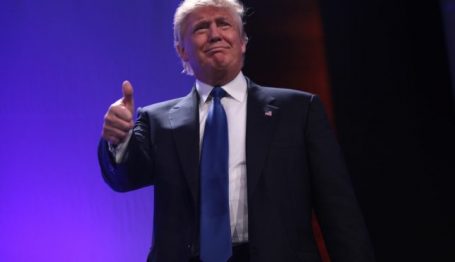Uncategorized
The Ecology of Statism: Horner’s Reflections on Carbon Provisions in Paulson Bailout 2.0
Christopher C. Horner, author of The Politically Incorrect Guide to Global Warming, has an interesting take on the strange provisions regarding the taxation of carbon that were apparently inserted in Henry Paulson’s bank bailout bill in the dead of night.
A lawyer by profession, he writes at National Review Online’s Planet Gore blog that the legislation, now headed to President George W. Hoover’s desk, “elevate[s] carbon dioxide to a distinct status. Not as a ‘pollutant,’ but as a natural resource worthy of encouragement and preservation.”
Horner playfully concludes with:
Who knows if there’s sufficient potential in the new construct such that utilities find it worthwhile to create partnerships for the purpose of, er, producing CO2. But what fun if they do. It’s about time we subsidized the stuff . . . particularly as the next president is preparing to tax it. It really is the new tobacco, isn’t it?
The one thing we can safely say is that Congress has just classified CO2 as a natural resource like oil, gas and timber in order to create a loophole. And in the next provision they call for a study to help them figure out how to tax it or take away the tax benefits of producing it.
Horner, who is also a Senior Fellow at the Competitive Enterprise Institute, wrote, “The Center for Climate Strategies: How Governors Keep State Legislators Out of the Loop,” which we published in the April 2008 issue of Organization Trends.
Horner’s CEI colleague, Marlo Lewis, astutely observes that the “carbon audit” provision (we wrote about it yesterday) that authorizes a two-year, $1.5 million study of how the tax code could be better manipulated to return America to the year 1700, may help environmentalists build a political constituency to lobby for carbon controls:
Presumably, the sponsors of this provision hope to use the study to lobby for carbon taxes and repeal of what they are pleased to call “special tax breaks” for ”polluting” industries.
And so government tax dollars help spawn demands for more government tax dollars: it’s the ecology of statism. There’s a certain Bismarckian logic to it.



